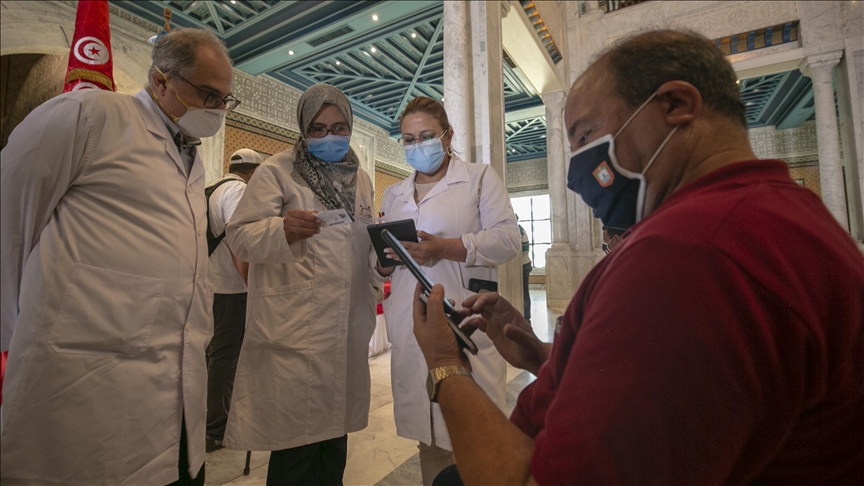
Beyond the cultural charm and sunshine, many consider healthcare and elderly support services key factors in their retirement decision. So, how does Tunisia perform when it comes to health services and care for seniors?
Mild climate year-round, especially along the coast
Affordable cost of living compared to Europe or North America
Proximity to Europe with frequent flights and visa agreements
Access to private healthcare at a fraction of European prices
Friendly culture with a high regard for family and elders
Tunisia has a dual healthcare system:
Available to all Tunisian citizens and residents
Funded through social security contributions
Hospitals and clinics are widespread but may be crowded or under-resourced
Widely used by retirees and expats
Offers shorter wait times, better equipment, and often multilingual staff
Services include general medicine, specialist care, surgeries, dental work, and physiotherapy
Many retirees opt for private clinics in cities like Tunis, Sousse, Hammamet, and Djerba.
Tunisia does not offer a free national insurance scheme for foreigners.
Most foreign retirees purchase international health insurance or local private insurance plans.
Many European retirees use their European Health Insurance Card (EHIC) for short visits, but long-term residents need their own coverage.
While Tunisia does not have a widespread institutional elderly care system like some European countries, the following options exist:
Affordable private caregivers can assist with daily needs
Home visits from doctors and nurses are available, especially in major cities
Limited in number, but growing
Usually privately operated and cater to locals and wealthier families
A few luxury retirement residences now cater to foreign retirees seeking long-term comfort and care
Larger private hospitals in urban areas offer geriatric, cardiology, ophthalmology, and orthopedic services
Rehabilitation centers and physiotherapy clinics are also available and affordable
| Service | Availability | Notes |
|---|---|---|
| General Practitioners | Widespread | Both private and public sectors |
| Specialists | Readily available | Cardiology, orthopedics, urology, geriatrics, etc. |
| Pharmacies | Very accessible | Many open 24/7 in cities, English/French-speaking staff |
| Emergency Services | Reliable in cities | 190 (emergency), private ambulances also available |
| Dental & Vision Care | Affordable | High quality, much cheaper than in Europe |
Tunisia is known for cost-effective healthcare, especially in the private sector. Here's an approximate breakdown:
| Service | Average Price (Private) |
|---|---|
| GP Consultation | €10–€30 |
| Specialist Visit | €30–€60 |
| Full Dental Cleaning | €20–€50 |
| Cataract Surgery | €400–€800 |
| Hip/Knee Replacement | €3,000–€6,000 |
These costs are significantly lower than in Europe or the U.S., even when paid out-of-pocket.
French is widely spoken in healthcare settings
English is increasingly used in private clinics, especially in tourist areas
Having a basic knowledge of French is highly recommended for navigating the system
Tunisia offers quality medical care at affordable rates, a respectful culture for seniors, and a relaxed lifestyle ideal for retirement. While it may not yet have the full infrastructure of Western Europe for elder care, its growing private healthcare sector and home care options make it a viable and pleasant destination for retirees, especially those who are active and independent.